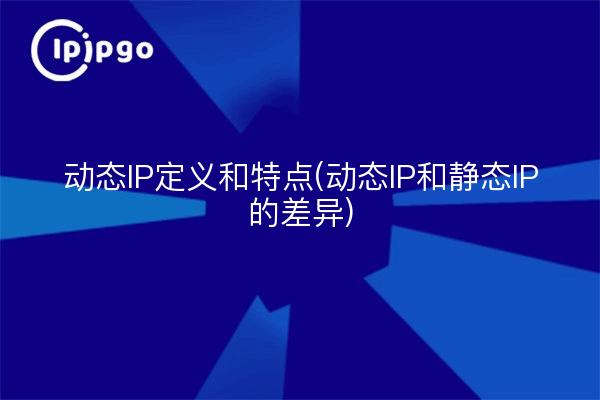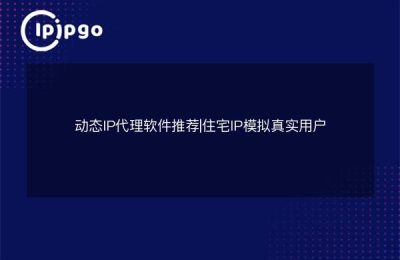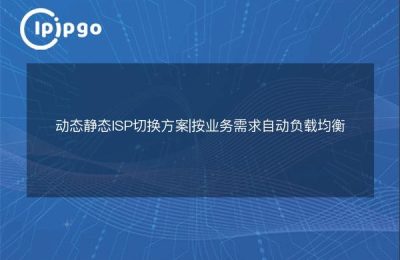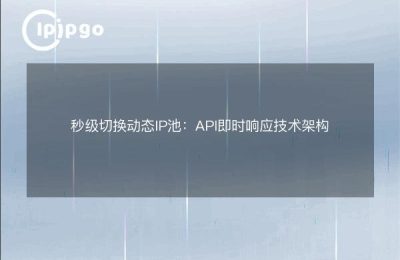
Dynamic IP definitions and characteristics
IP proxy is a commonly used tool in network security and data collection, and among IP proxies, dynamic IP and static IP each have their own application characteristics. Comparison of dynamic IP and static IP applications in proxy IP can help users understand the advantages and disadvantages of both, and choose the type of IP address that suits their needs.
dynamic IPIt is an IP address that is dynamically assigned to a user by an Internet Service Provider (ISP) at the time of network connection, and may be assigned a different IP address each time a connection is made. A static IP, on the other hand, is an IP address that is fixedly assigned to the user by the ISP and does not change with the network connection.
Differences between Dynamic IP and Static IP
In proxy IP applications, dynamic IP and static IP have their own advantages. Dynamic IP is suitable for users who need to change IP address frequently to avoid being blocked, which can increase the diversity of IPs and reduce the risk of being recognized; while static IP is suitable for users who need stable IP address for a long period of time, which can provide more stable access experience and more reliable data collection.
In addition, there are some differences in the performance of dynamic and static IPs in proxy IP applications. Dynamic IP's variability makes it harder to be blocked to a certain extent, but there is also the problem of frequent authentication due to the IP being changed multiple times; while static IP's stability makes it possible to better cope with persistent blocking, but there is also the risk of being continuously monitored and blocked.
Dynamic IP and static IP each have their own application characteristics and performance advantages and disadvantages in proxy IP applications. When using proxy IP, users should choose the appropriate IP address type according to their needs and actual situation to get better proxy experience and effect.








